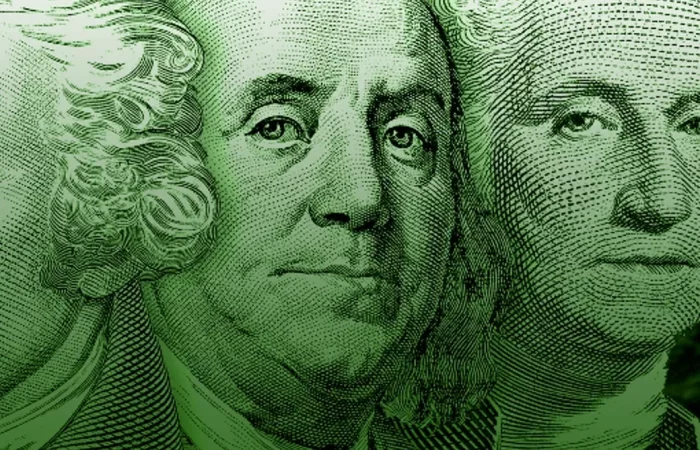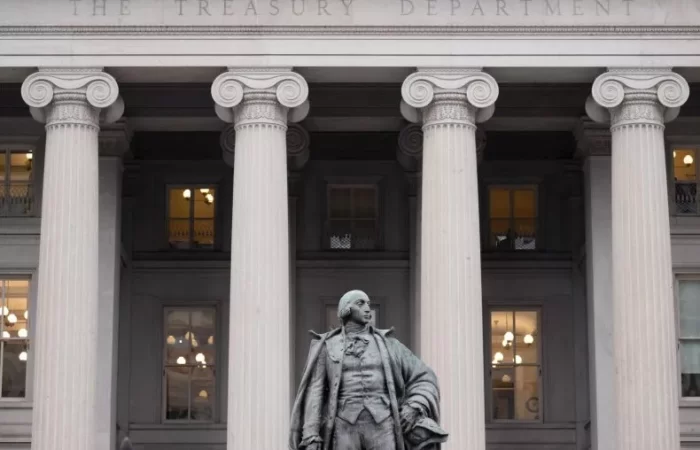The present declaration serves as a means to proffer comprehensive guidelines, designed to safeguard the esteemed entities of the United Economic Development Fund (UEDF) and the United Economic Development Institute (UEDI), collectively referred to herein as "The Organization." This policy aims to protect the dedicated members of The Organization's staff and uphold their unwavering commitment to its mission. Furthermore, it endeavors to ensure that personal or other professional interests of the staff do not encroach upon their allegiance to the UEDF, nor lead to any form of personal financial, professional, or political gain for any staff member, including but not limited to the Executive Director, Director, Deputy Director, and all other employees affiliated with UEDF/UEDI ("Staff" or "Staff member").
A conflict of interest pertains to any situation in which a staff member, whether actually or seemingly, holds a professional, personal, financial, or other interest that could potentially run counter to the best interests of UEDF, UEDI, or the Aspen Institute. Such circumstances may also impede the staff member's ability to fulfill their duties for the benefit of UEDF/UEDI.
1. United Economic Development Fund (“UEDF”) and United Economic Development Institute (“UEDI”) strive to maintain the highest standards of integrity.
The United Economic Development Fund (hereinafter referred to as "UEDF" or "the Fund") recognizes the importance of maintaining the highest level of integrity, accountability, and transparency in all its operations. As a non-profit organization committed to fostering sustainable economic development, we acknowledge that conflicts of interest may arise from time to time among our staff, volunteers, board members, and other stakeholders. The purpose of this Conflict of Interest Policy is to establish guidelines and procedures to identify, disclose, manage, and, where necessary, resolve such conflicts of interest.
2. Purpose:
The Conflict of Interest Policy aims to: a) Promote a culture of honesty, fairness, and impartiality in UEDF's activities and decision-making processes. b) Ensure that all decisions made by UEDF and its representatives are free from undue influence and personal gain. c) Safeguard the reputation and public trust in UEDF by addressing conflicts of interest effectively and transparently.
3. Scope:
This policy applies to all individuals involved with UEDF, including but not limited to board members, staff, volunteers, consultants, contractors, and any other persons acting on behalf of the Fund.
4. Definitions:
a) Conflict of Interest: A situation where an individual's personal, financial, professional, or other interests may potentially interfere with their ability to act in the best interest of UEDF. b) Related Party: Any individual with a personal, financial, or familial relationship to a staff member or board member of UEDF. c) Disinterested Party: An individual who does not have any personal or financial interest in a particular matter under consideration.
5. Policy Statements:
5.1. Disclosure of Conflicts of Interest:
All UEDF board members, staff, and volunteers shall promptly disclose any actual, potential, or apparent conflicts of interest to the UEDF Executive Director or a designated representative using a Conflict of Interest Disclosure Form. This form shall be updated annually or as needed when new conflicts arise.
5.2. Review and Management of Conflicts of Interest:
Upon receipt of a Conflict of Interest Disclosure Form, the UEDF Executive Director or designated representative shall review the disclosed information in a confidential manner. If a potential conflict of interest is identified, the Executive Director shall convene a Conflict of Interest Committee, comprising disinterested parties, to further assess the matter.
5.3. Decision-Making Process:
In situations where a conflict of interest exists or is perceived to exist, the Conflict of Interest Committee shall work collaboratively to determine the most appropriate course of action. Options may include but are not limited to recusal, restriction of involvement, or divestment of the conflicted interest.
5.4. Violations and Consequences:
Failure to disclose a conflict of interest or act in accordance with this policy may result in disciplinary action, up to and including termination of employment or removal from the UEDF Board, as deemed appropriate by the Board of Directors.
5.5. Annual Acknowledgment:
All board members, staff, and volunteers shall acknowledge their understanding and compliance with this policy annually. A signed acknowledgment form shall be kept on record by the UEDF Executive Director.
5.6. Training and Education:
UEDF shall provide regular training and education sessions on this policy to all individuals covered by this policy, promoting a deeper understanding of conflict of interest issues and their implications.
6. Compliance and Monitoring:
The UEDF Board of Directors is responsible for overseeing the implementation and adherence to this policy. Regular reviews shall be conducted to assess the effectiveness of the policy, and updates may be made as needed to align with best practices and legal requirements.
7. Policy Review:
This Conflict of Interest Policy shall be reviewed annually by the UEDF Board of Directors and amended as necessary. Any proposed changes to the policy shall be presented to the Board for approval.
By adhering to this Conflict of Interest Policy, UEDF demonstrates its unwavering commitment to the highest standards of ethical conduct, ensuring that the organization's resources are dedicated exclusively to the pursuit of its mission for the greater good of the communities it serves











